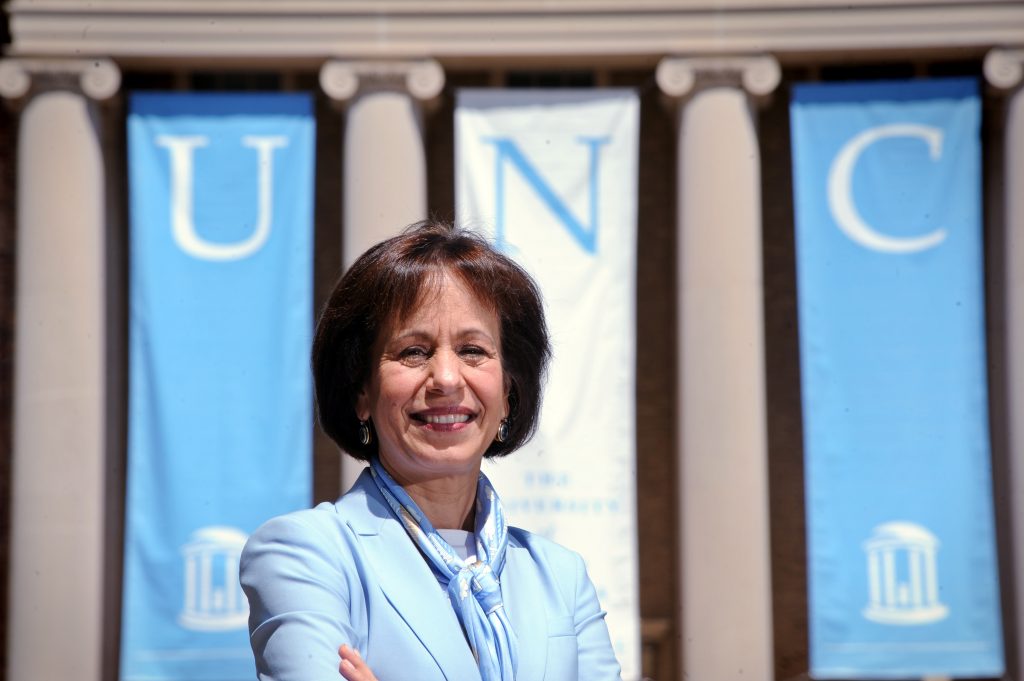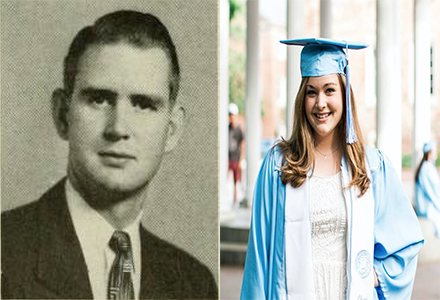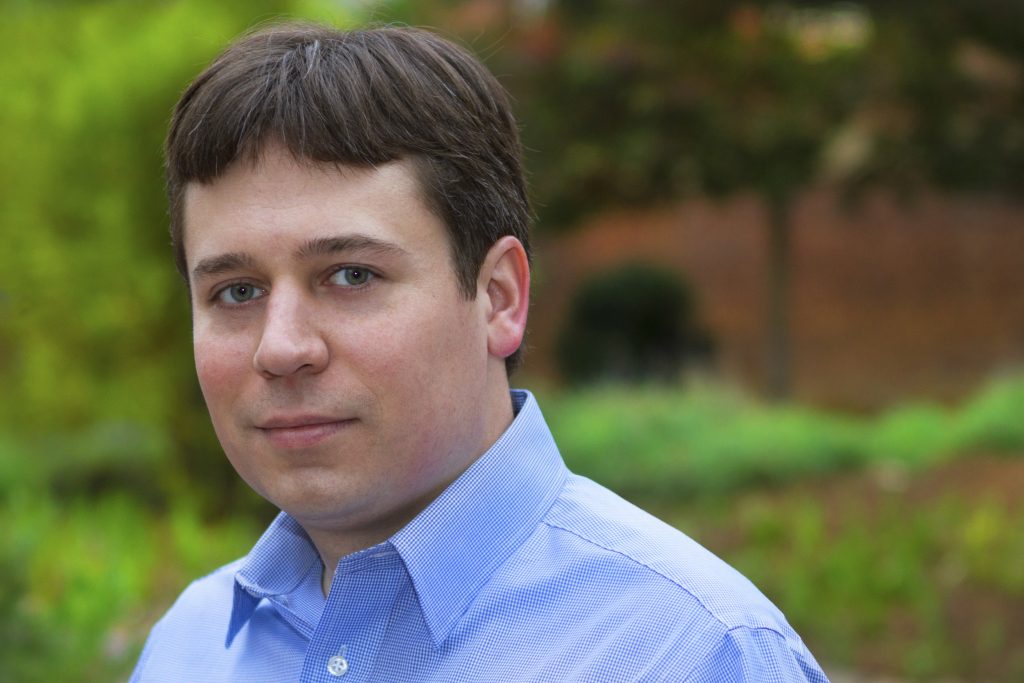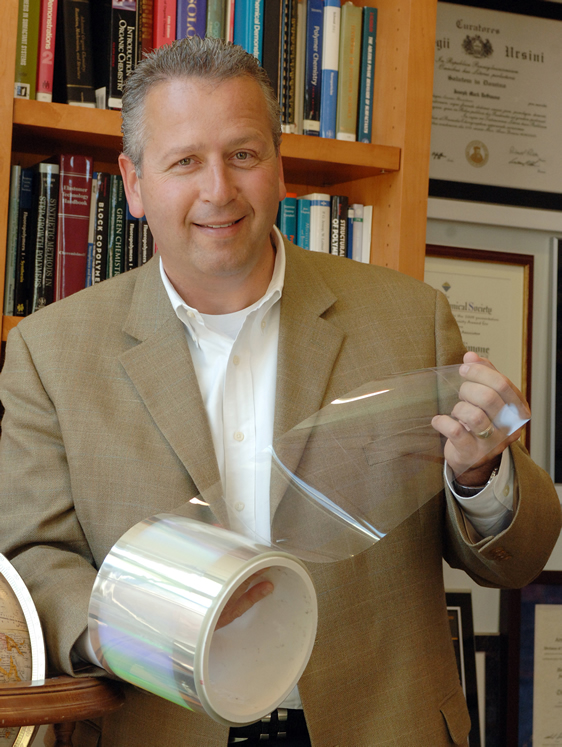Nancy Allbritton is the Kenan Distinguished Professor of Biomedical Engineering and Chemistry and chair of the UNC/NCState Joint Department of Biomedical Engineering. Her research focuses on using techniques from chemistry, physics, engineering, and materials science to develop new technologies for biomedical applications.
When I was in elementary school, I told people that I wanted to be a physicist. I have no idea why — but it sounded like a cool word and something you had to work hard at. Obviously, I didn’t become that, but for as long as I can remember I always wanted to be some type of scientist.
Share the pivotal moment in your life that helped you choose research as a career path.
My parents always encouraged reading, particularly science, and so they had a great influence on me. My dad would getScience News in the mail and would give it to me to read. It was always really exciting and engaging with tons of new, cool stuff in it. My grandfather liked to take things apart. I’d spend a week with him and we’d take old TVs apart and put them back together. We’d turn them into bookcases and other things. That got me really interested in building, constructing, designing, and testing things.
What’s an interesting thing that’s happened during your research?
Some of the most interesting moments come from crazy ideas — when the students just test their own limits to see what kind of cool stuff they can do and not worry about it. Not knowing too much is a good thing. The unknown creates some of the most fun moments in the lab. I always find myself pleasantly surprised.
One of these students, Yul Wang, ended up making a technology we built a company on. We had developed this technology that was cumbersome and difficult to use, and he had an idea that involved using a needle to separate viable, single cells. I thought to myself, “Awe man, a needle?” I worried researchers would hurt themselves. But it worked. The company, called Cell Microsystems, is located in Research Triangle Park and is doing quite well.
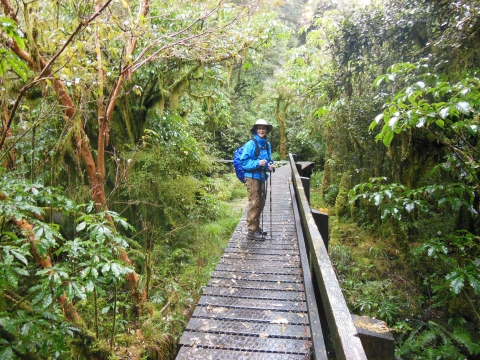
For the month of September, UNC Research is focusing on the theme of “business.” Using your personal experiences, how does scientific research translate in the business world?
One of the measures of success in the lab is creating products that have a commercial use. Do other people want to use it or did we just make a gadget that only we want to use? Our goal is simple but elegant devices that solve novel biomedical problems. We commercialize everything we do in one way, shape, or form.
What advice would you give to up-and-coming female researchers in your field?
There’s no secret path to success. It doesn’t matter how smart you are or what your background is — just work hard and don’t look for shortcuts. Everyone I know who is really successful works hard. Also, enjoy the fun that is science. It allows you to learn new things every day. I never get bored. I can’t think of a better way to have spent my life.
Story courtesy of Endeavors magazine’s Women in Science Wednesday series.

